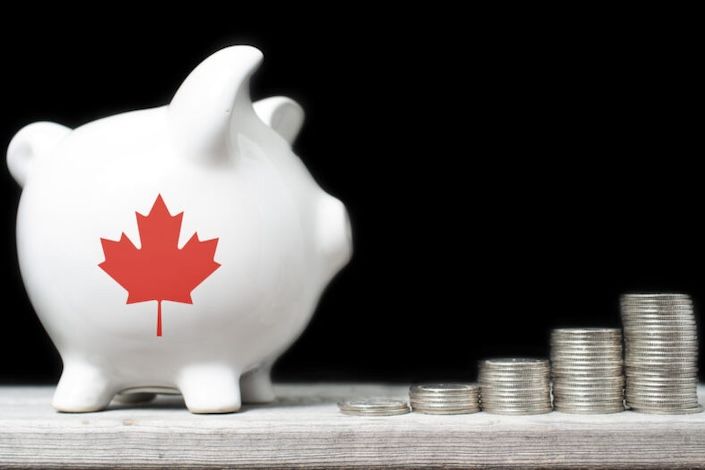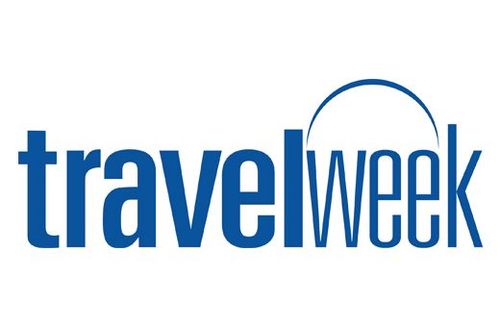Where travel agents earn, learn and save!
News / Financial concerns, tariffs putting pressure on 2025 travel intentions: surveys
According to a new national study from Blue Cross, 81% of Canadians have changed their travel habits due to rising costs, with financial pressures driving shifts in how and when trips are planned

Two just-released surveys offer a deep-dive on Canadians’ travel intentions for the coming months – and not surprisingly, the road ahead looks a bit rocky.
According to a new national study from Blue Cross, 81% of Canadians have changed their travel habits due to rising costs, with financial pressures driving shifts in how and when trips are planned.
That’s up 12 percentage points from last year. Gen Z is the most impacted, with 90% adapting to increased prices, compared to 70% of Boomers.
The online survey garnered feedback from 2,047 Canadians, back in November 2024, even before tariffs put further potential pressure on travel budgets. The survey did however follow on the heels of President Trump’s election.
The 2025 Blue Cross Travel Study also gauged geopolitical concerns, with nearly half (47%) of Canadians post-U.S. election saying they are less likely to travel south of the border.
The good news? At least back when the survey was taken, Canadians said they are still prioritizing travel, with 79% of Canadians planning to travel outside their province or territory in 2024, a 10-percentage point increase from last year.
The 2025 Blue Cross Travel Study also notes that over-tourism is leading to travel shifts: 47%of travellers, including 58% of Gen Z and 55% of Millennials, have changed their plans due to concerns about tourism’s impact on local communities.
Another 20% are avoiding over-touristed areas altogether and 19% say they are making a conscious effort to support local businesses when travelling.
The survey notes that many Canadians still perceive travel as a catalyst for good, with a strong majority of respondents (83%) seeing travel as a means to help build positive connections with local communities.
Meanwhile 65% of Canadians are adjusting their travel plans due to climate concerns. Awareness is most pronounced among the Gen Z group, with 77% factoring climate concerns into their choices. Mitigation strategies include choosing destinations with less extreme weather (27%), shifting travel dates to reduce risk (23%) or avoiding certain destinations altogether (20%).
“Canadians are rethinking how they travel, not whether they travel,” says Tim Bishop, Managing Director, Blue Cross of Canada. “We’re seeing travellers adjust their plans to not only overcome economic barriers but also factor in the impact their travel will have on the world.”
He added: “As financial pressures continue to impact how Canadians travel, the weak dollar is adding to 2025 budget considerations, contributing to how decisions are made for both destination and duration.”
The study shows that 36% of travellers are already reducing the number of trips they take. More than one-third (35%) of travellers say they are seeking less expensive accommodations or destinations, while 31% report taking advantage of off-peak seasons to save money. Some are choosing destinations closer to home (25%) or shortening their trips (22%), while one in 10 (12%) say they are shifting to alternative transportation, such as buses or trains, to offset expenses.
More details from the 2025 Blue Cross Travel Study can be found at bluecross.ca/travelstudy.
Big Drop
A second survey, this one conducted by EQ Bank, offers a timely look at the trade war’s impact on Canadians’ financial decisions, including travel.
The company notes a “stark contrast between Canadians’ travel and saving plans before and after the February tariff announcement.”
The survey also tracks differences in the strategies Canadians are considering to manage the impact of a weaker Canadian dollar against the US dollar.
Some 68% of Canadians say they believe that a weaker loonie will negatively impact their personal finances in 2025.
Among Canadians with travel plans in 2025, the proportion intending to focus on domestic travel increased by 12 percentage points from 50% to 62% between early Jan. and after President Trump’s executive orders enacting tariffs in February.
Across generations, Canadians were more likely to prioritize travel within Canada following the February tariff announcements, compared to January.
Boomers saw a 13-percentage point increase (55% to 68%), while Gen X saw a 17-percentage point increase (43% to 60%).
The company also notes that its survey results show those who planned to travel to the U.S. while cutting back on spending to offset a weaker loonie saw a 10-percentage point decrease (27% to 10%), from January to February.








